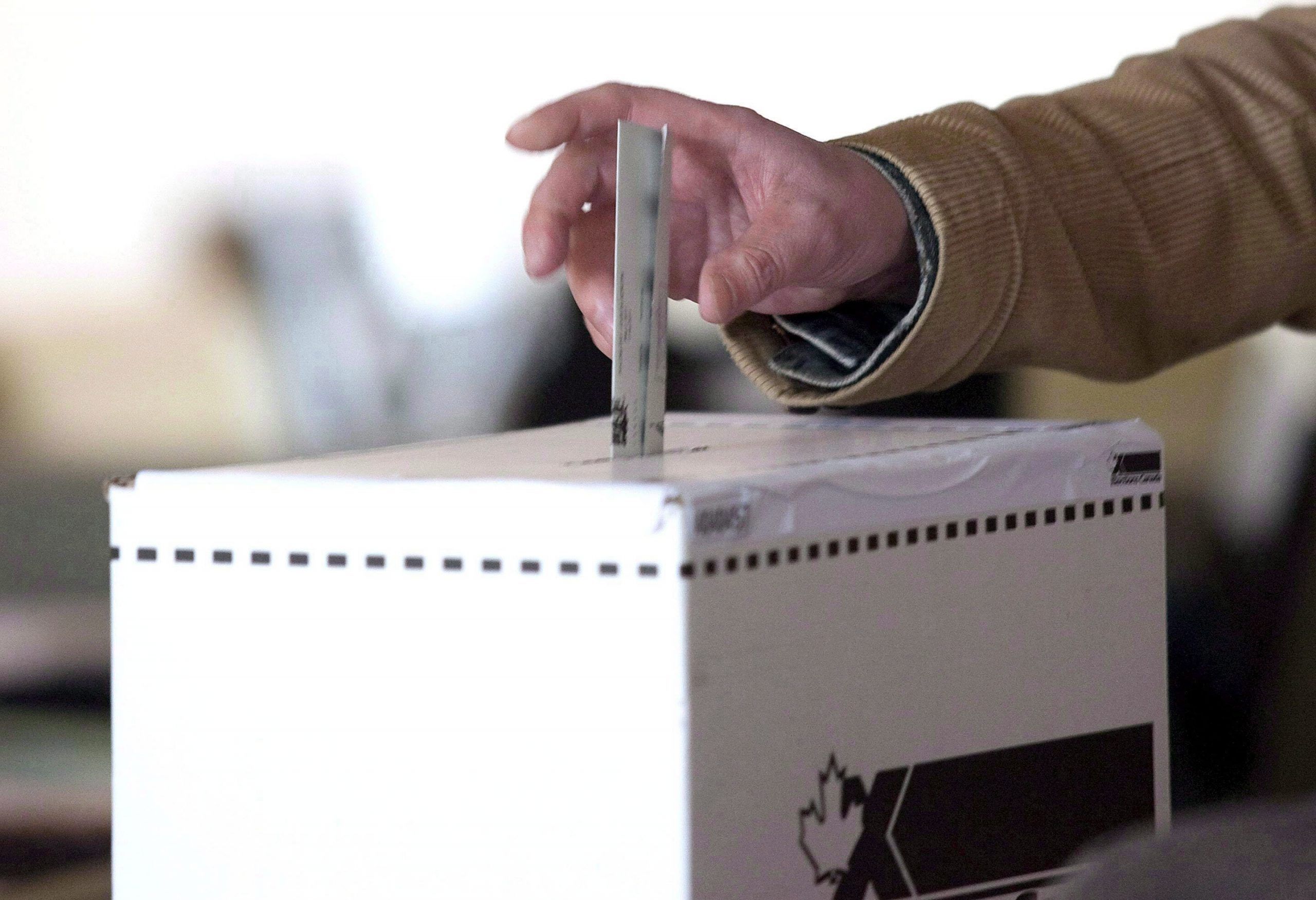Brands
Active Member
The inflation rate is 2.8%, lower then the US 3.2%.Maybe the government should have thought of the economic consequences before implementing inflationary fiscal and immigration policies.
|
|
|
The inflation rate is 2.8%, lower then the US 3.2%.Maybe the government should have thought of the economic consequences before implementing inflationary fiscal and immigration policies.
The inflation rate is 2.8%, lower then the US 3.2%.
I recently spent a week in Texas. I was assessing cost of living and pay in the area. Groceries were about the same. Some things more expensive than Canada, others cheaper. Lots of 'help wanted' signs, advertising low pay ($11/hour at a dairy queen). Home prices are much lower than here (<300k USD), but I get the sense that this area was not very economically active. The built form is a bit odd: Wide lots, single story ranches, often no gutters. No tax base to support road maintenance so the roads are terrible. Pickup trucks and full-size SUVs everywhere.And? Americans actually have higher wages and lower cost of living in absolute terms to make up for that 0.4% difference in the inflation rate.
Are you a bot or are you getting paid to blast out random stats on here without actual context or knowledge? Blasting out random stats on Urban Toronto isn't going to be changing votes. You're just trolling at this point. If you're an LPC campaigner let your boss know random stats aren't going to convince voters. They need to actually improve living conditions and quality of life for the median voter to get re-elected.
I recently spent a week in Texas. I was assessing cost of living and pay in the area. Groceries were about the same. Some things more expensive than Canada, others cheaper. Lots of 'help wanted' signs, advertising low pay ($11/hour at a dairy queen). Home prices are much lower than here (<300k USD), but I get the sense that this area was not very economically active. The built form is a bit odd: Wide lots, single story ranches, often no gutters. No tax base to support road maintenance so the roads are terrible. Pickup trucks and full-size SUVs everywhere.
It was an impromptu vacation. I would not consider living there, but I was curious about the much ballyhooed better quality of life in Texas. Maybe Austin could tempt me, but that's not where I was (closer to Dallas). The people are friendly, but the preponderance of gated communities, megachurches, giant vehicles did not make me gravitate to the area. One interesting thing was seeing the kids get out of school. The youth were overwhelmingly hispanic. I guess that is the future of Texas.End of the day, the fact that you (a successful middle class professional) are kicking the tires on a screwball (politically and culturally) state like Texas, says a lot about the current state of Canada.
and that's before you go bankrupt for a medical emergency.I recently spent a week in Texas. I was assessing cost of living and pay in the area. Groceries were about the same. Some things more expensive than Canada, others cheaper. Lots of 'help wanted' signs, advertising low pay ($11/hour at a dairy queen). Home prices are much lower than here (<300k USD), but I get the sense that this area was not very economically active. The built form is a bit odd: Wide lots, single story ranches, often no gutters. No tax base to support road maintenance so the roads are terrible. Pickup trucks and full-size SUVs everywhere.
Weird how so many people still move to the US despite this apparent risk. It's almost like the middle and professional class in the US are protected against this outcome but some kind of plan that covers for such risks.and that's before you go bankrupt for a medical emergency.
Weird, it's almost as if people are really bad at risk assessment and don't realize that over half of all bankruptcies in the US are for medical bills, most of which are from middle class american families that had coverage.Weird how so many people still move to the US despite this apparent risk. It's almost like the middle and professional class in the US are protected against this outcome but some kind of plan that covers for such risks.

Weird, it's almost as if people are really bad at risk assessment and don't realize that over half of all bankruptcies in the US are for medical bills, most of which are from middle class american families that had coverage.
I think private insurance is a false comfort. Lots of horror stories of people who supposedly had insurance being left with large medical bills because they had to go out of plan/network, or went over their maximums.Weird how so many people still move to the US despite this apparent risk. It's almost like the middle and professional class in the US are protected against this outcome but some kind of plan that covers for such risks.
I think private insurance is a false comfort. Lots of horror stories of people who supposedly had insurance being left with large medical bills because they had to go out of plan/network, or went over their maximums.




